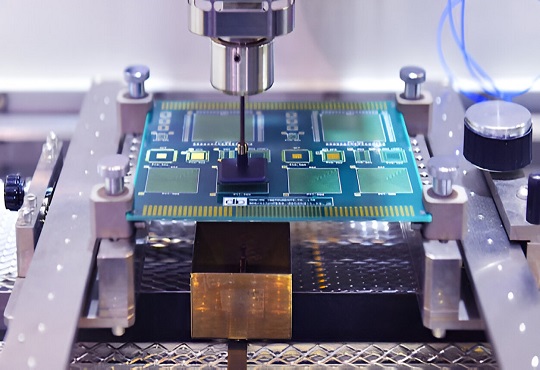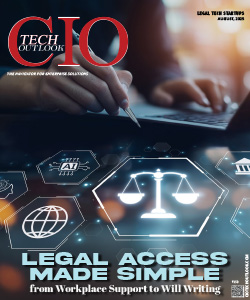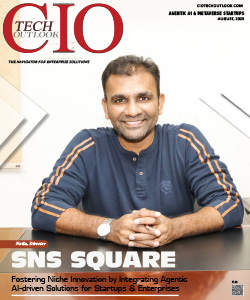Intel's New CEO Eyes Major Shift in Chip Manufacturing Strategy
CIOTech Outlook Team | Wednesday, 02 July 2025, 05:49 IST

- Intel’s CEO, Lip-Bu Tan, may halt external sales of 18A, redirecting focus to the 14A process.
- Ceasing 18A marketing could lead to a write-off cost Intel hundreds of millions.
- Intel aims to compete with TSMC, targeting major clients like Apple and Nvidia.
Intel CEO Lip-Bu Tan, who assumed leadership in March 2025, is exploring a significant strategic pivot for the company’s contract manufacturing, or foundry business, according to two sources familiar with the matter. This potential shift could involve ceasing to market certain chip-making technologies, such as the 18A and 18A-P processes, to external customers, marking a departure from the plans of former CEO Pat Gelsinger.
Intel has been spending billions in the development of the 18A process, which has been the foundation of its foundry dreams. But Tan was already complaining as early as June that 18A was no longer attractive to new customers, and the sources said that this was said in anonymity.
Intel declined to comment on hypothetical scenarios or market speculation, emphasizing that its primary customer for 18A is Intel itself. The company is preparing to ramp up production of its Panther Lake laptop chips, which it described as the most advanced processors ever designed and manufactured in the United States, later in 2025.
The strategy Tan has implemented is to channel the resources towards next-generation 14A chip manufacturing process where Intel company feels it has an opportunity to be a competitor to Taiwan-based TSMC the industry leader. This step is meant to court large customers such as the Apple and Nvidia, which are currently dependent on TSMC to make chips.
Also Read: BSNL's SIM-less 5G Move to Transform India’s Telecom Landscape
The sources indicate that Tan has instructed Intel to prepare options for discussion at a board meeting as early as this month, though a decision on 18A may be deferred to a later meeting in autumn due to the complexity and financial stakes involved.
Intel has an ongoing foundry operation, which is the key to its survival as it will post the first unprofitable year in its history in 2024 with net loss of 18.8 billion USD. Although Intel intends to stock 18A in large quantities as internal chip production in the back half of the year, external consumer orders are also likely to come into play.
The company is also tailoring 14A to meet key clients’ needs, though success in securing major contracts remains uncertain, and Intel could opt to maintain its current 18A strategy, one source noted.
In a statement, Intel said: “Lip-Bu and the executive team are committed to strengthening our roadmap, building trust with our customers, and improving our financial position for the future. We have identified clear areas of focus and will take actions needed to turn the business around.”




.jpg)